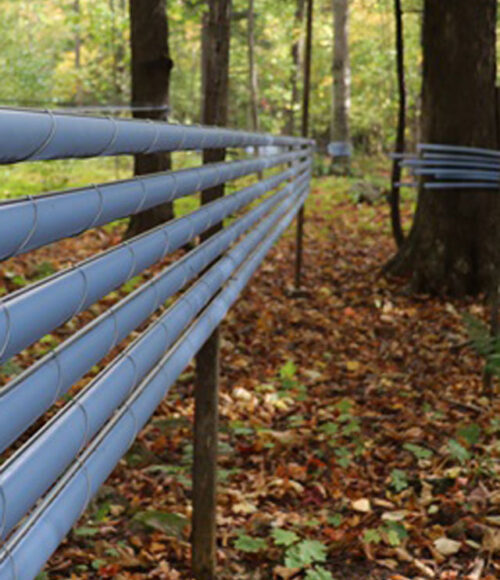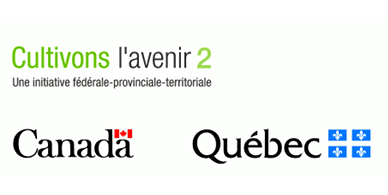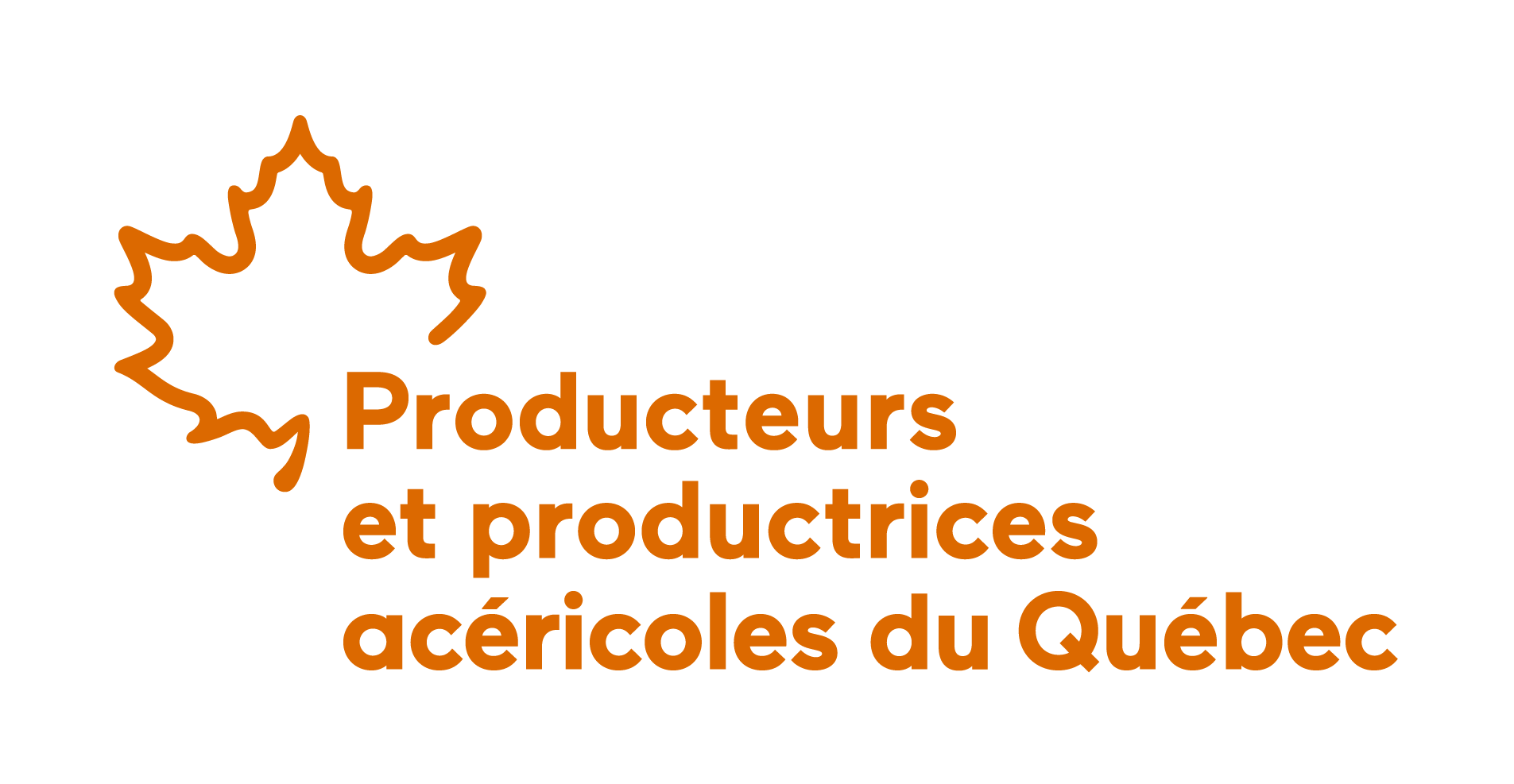The goal of this project was to study the inoculation treatments of the sap collection system with the help of isolated bacteria from this ecosystem. The results demonstrate that certain bacterial strains implanted themselves following their inoculation and that the sap’s main physical, chemical and sensory characteristics were not only preserved, but enhanced. This is particularly the case for the B1 strain (Pseudomonas sp. 201-1B), which seems to have integrated itself in a privileged way in the sap collection tubing following its inoculation. Following its implantation, this strain did not contribute to the degradation of physical, chemical, and sensory parameters of the sap and syrup. Thus, the B1 strain had, in most cases, no adverse effects on these product’s properties (pH, inverted sugars, color) and had no detrimental effects on the total volume of sap collected. The taste of the syrups obtained following the inoculation of this strain was sometimes judged to be superior to the taste of syrup under other treatments and controls. The B2 strain (Janthinobacterium lividum 100-P12-9) also demonstrated an interesting potential, but in a lesser measure than the B1 strain. These results will serve as a basis for optimization and validation work on a broader scale and within different collection conditions before this treatment is proposed as a means of quality control associated to the variability of the maple sap’s microbiota. Document in French only.




